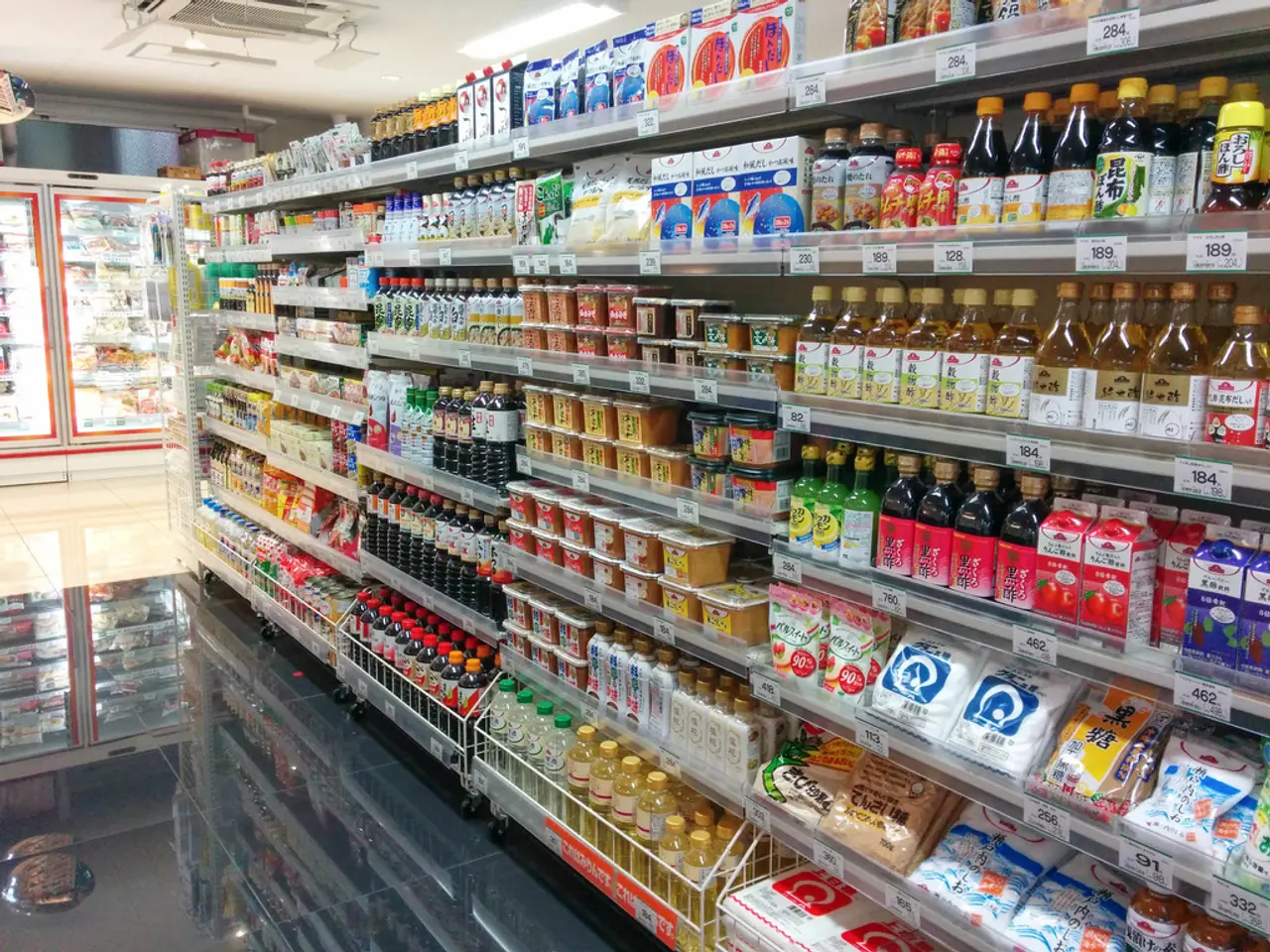Burlington CEO Outlines Inventory Optimization Strategy Amid U.S. Port Import Slowdown
Burlington CEO Michael O'Sullivan has revealed the retailer's focus on optimizing inventory levels and reducing costs during the Q2 earnings call. Meanwhile, U.S. ports are expected to see a significant drop in imports by the end of 2022, with a projected decline in container units handled in November and December.
The slowdown in imports is set to continue, with U.S. ports handling 2.01 million units in November and 1.96 million units in December, marking decreases of 4.9% and 6.1% respectively. This trend follows a 0.4% year-over-year dip in August, when ports handled 2.26 million twenty-foot containers or their equivalent.
Retailers are grappling with inventory challenges. Nike's North American inventory surged by 65% in Q1, impacting gross margins. Nordstrom is resorting to discounting products and clearing inventory to make way for new items. Off-price retailers are also facing difficulties due to the glut of inventory, with retailers holding onto and marking down their stock themselves.
Analysts are closely monitoring the impact of inventory on retailers this holiday season, alongside a slowdown in consumer spending. The National Retail Federation and Hackett Associates, the main sponsors of the Global Port Tracker report, project a decline in imports at U.S. container ports through the end of 2022. Burlington's focus on optimizing inventory and reducing costs suggests a strategic response to these challenges.




